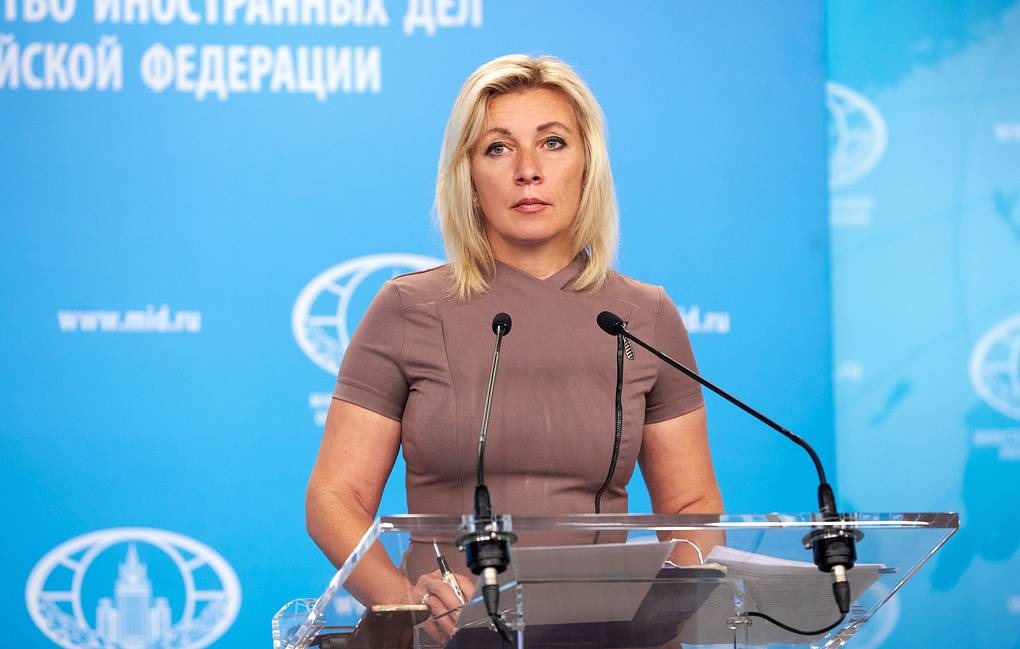Russia has attributed the severance of most ties with the Baltic states to their “hostility” towards the country. Maria Zakharova, the Russian foreign ministry spokeswoman, stated on Sunday that the “openly hostile line” of Vilnius, Riga, and Tallinn has led to the termination of all interstate, interdepartmental, regional, and sectoral ties with Russia.
Zakharova warned that Moscow would respond with “asymmetric measures” in the economic and transit spheres, without specifying the exact actions taken by the Baltic states that warranted such a response.

The tensions between Russia and the Baltic states have escalated since Russia’s full-scale invasion of Ukraine in 2022. The three small states, which the USSR previously occupied until its collapse in 1991, now fear that a revisionist Kremlin could threaten their security and independence.
Ex-Russian prime minister Dmitry Medvedev had claimed last year that the Baltic countries belong to Russia, stating that they had “soiled themselves” over Moscow’s invasion of Ukraine.
Recently, Tallinn and Vilnius accused Russia of interfering with air traffic navigation in the region, prompting NATO to sound the alarm over Moscow’s “hybrid” warfare in the region and wider Europe.
NATO pointed to an “intensifying campaign” of “disinformation, sabotage, acts of violence, cyber and electronic interference… and other hybrid operations” against members of the 32-state military alliance. Estonia’s foreign minister Margus Tsahkna had expressed concerns about possible hybrid attacks from Russia in September.

In February, Russia added Estonian prime minister Kaja Kallas, Lithuania’s culture minister, and members of the previous Latvian parliament to a wanted list for taking down Soviet-era monuments in their countries.
Supporters of the moves argue that the monuments are a painful reminder of Soviet occupation and should be removed to show solidarity with Kyiv despite Russia’s war in Ukraine.
Critics, however, argue that the moves hand Moscow a propaganda victory. The situation continues to escalate, with Russia’s asymmetric measures likely to have remarkable economic and transit implications for the Baltic states.


